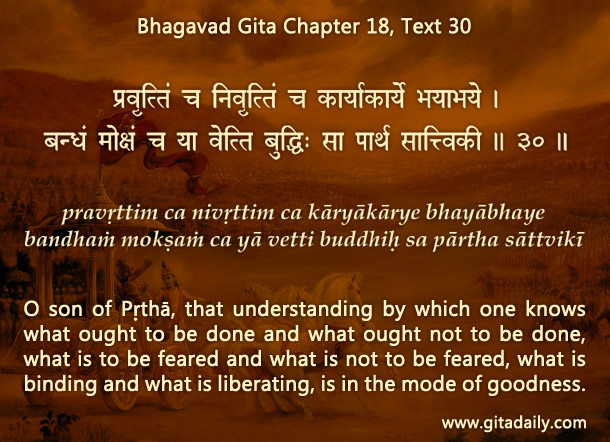Mindlessly mindful? – Mindfulness is often equated with greater awareness of both our outer and inner worlds.
Still, not every detail of the outer world needs attention, and certainly not equal attention. For example, if we enter an auditorium to attend a seminar, we don’t need to know the exact number of chairs or fans in it; we just need to find a chair at a well-ventilated place so that we can focus on the talk. After all, our capacity for attention is finite. When attention goes to one thing, it goes away from other things. During the talk, if we stay mindful of things such as chairs and fans, we will waste our attention; we will be mindlessly mindful.
Similarly, not every detail of our inner world needs attention, and certainly not equal attention. If we become mindful of every thought, emotion or desire that arises inside us, we will get so caught in our inner world as to become dysfunctional.
Paradoxically, as we become more mindful, we may become more prone to mindless mindfulness about our inner world. Why? Because knowing which things matter is far more difficult in our inner world than in our outer world. At least in our outer world, survival needs and social obligations frequently limit our mindlessness — inattentive driving can be fatal; distracted discussions come to embarrassing stops.
How can we use mindfulness constructively? By engaging our intelligence, which helps us place things appropriately in our framework of values. Intelligence, when grounded in goodness, reminds us which things are to be done and which to be avoided (Bhagavad-gita 18.30) — and by extension, which things are worth being mindful of and which aren’t.
One-sentence summary:
Be not mindlessly mindful or we will end up mindful of unimportant things and leave our mind too full for important things.
Think it over:
- How may we become mindlessly mindful?
- Why are we more prone to being mindlessly mindful about our inner world?
- How can we use mindfulness constructively?
***
18.30: That understanding by which one knows what ought to be done and what ought not to be done, what is to be feared and what is not to be feared, what is binding and what is liberating, is in the mode of goodness.


Thanks Prabhu ji.
But is it in our hand which thought should pop up in our mind.
No, but which thoughts we pay attention to is.
https://www.gitadaily.com/we-are-always-full-of-thoughts-but-we-arent-always-thoughtful/
Thank you for raising this Prubhu-Ji. What is mindfulness? It is awareness with an attentive mind. Not, as you point out, mindlessly focusing and paying attention to anything and everything. Humans live lives of constant mental distraction with their thoughts being pulled this way and that way, triggering emotions that often lead to undesirable destructive behaviours. Caught up in this, they totally forget their true, eternal natures. More often than not, this is an automatic mindless repetitive process making people into puppets controlled by their impulses. Mindfulness is a powerful tool to help us to break this destructive cycle by developing awareness of what our minds are doing, so we are then empowered to change our thoughts and behaviours. One of the origins of this tool was Buddhism. Buddha taught 4 exercises – mindfulness directed at the body, at feelings, at the quality of the mind and at mental states. As so often happens though, once people from the ‘developed’ Western nations got hold of this, they turned it into a notion, corrupting the true meaning and in the process the tool lost most of its power. Like following a route with no destination. Very unfortunate.
Thanks for your candid comment, Anna; I agree that the word mindulness has had different meannings at different times. In this article, I have addressed a particular meaning that is widespread in today’s world. That’s why I stated that meaning right in the beginning. And the problems with applying mindulness in this sense are so significant as to provoke articles in prominent journals. eg. https://hbr.org/2021/03/where-mindfulness-falls-short?ab=hero-subleft-2
p.s. To address your concern, I have nuanced my first sentenece: Mindfulness is often equated with greater awareness of both our outer and inner worlds.